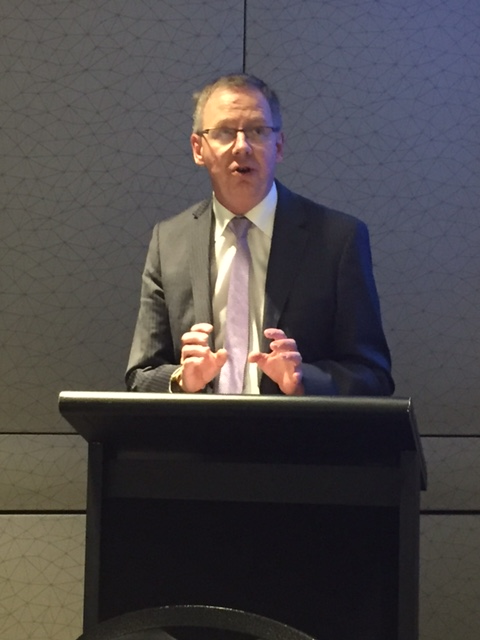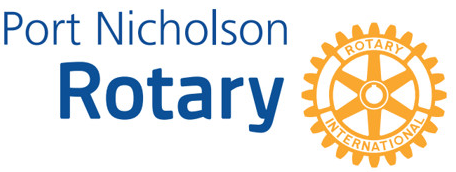
Most people live and die not far from where they are born. So globally immigration is a distinctly minority experience, even if it doesn’t feel that way in NZ. NZ was the last major land mass on earth that was settled, perhaps less than 1000 years ago. Those of us without Maori ancestry trace the arrival of our families to some time up to perhaps 200 years ago. The discussion of NZ as a nation of immigrants is however a distraction from serious consideration about the role of immigration policy in NZ today.
As an island country, a long way from anywhere, we don’t have much of a problem with immigration. Successive governments have promoted immigration as it assists the economic performance of NZ and lifts the living standard. The target for immigration is currently about 45,000 per annum - around 1% or our population. Most countries don’t want or get that many immigrants. But we are also unusual in how
many of our people have left – around 850,000 in the last 40 years. A hundred years ago the living standard in NZ was as high as anywhere in the world. These days, depending on how you measure these things we rank about 35th. When economic performance is analysed (what a country manages to produce with the inputs it uses) we have ranked since 1970 as the second slowest productivity growth rate of any of the member countries of the OECD.
Rapid population growth means a lot of investment spending has to take place on roads, schools, houses, offices and shops. Those demands put an upwards pressure on interest rates and the exchange rate. NZ is almost totally reliant, in its foreign trade, on what able people can do with a fixed quantity of natural resources. With population growth that has been so fast we have slowly been slipping down the league tables. For decades people have discussed developed industries that weren’t simply reliant on natural resources and have drafted strategies and even offered subsidies. However even today 85 per cent of our exports rely on natural resources.
The problem appears to be that as communication technology has developed personal networks and connections seem to matter more than ever. The so called “value chains” are a big part of modern manufacturing, with componentry manufactured in several different countries and the final product assembled in yet another. When you are the last bus stop before Antarctica your firms aren’t going to be part of many chains. People coming in as immigrants may be able to ease that pressure but they will quite reasonably expect decent housing, entertainment and travel etc. Michael has been arguing for some time that the residence approval target should be cut from around 45,000 to around 10,000-10,500 per annum. This will mean that the population will be growing much more slowly, general spending levels will drop and specifically fewer houses will be required and fewer workers will be required in that and related sectors. This will mean that more workers will be available in other sectors with the view to providing an economy that is more oriented to selling goods to and in competition with the rest of the world.
